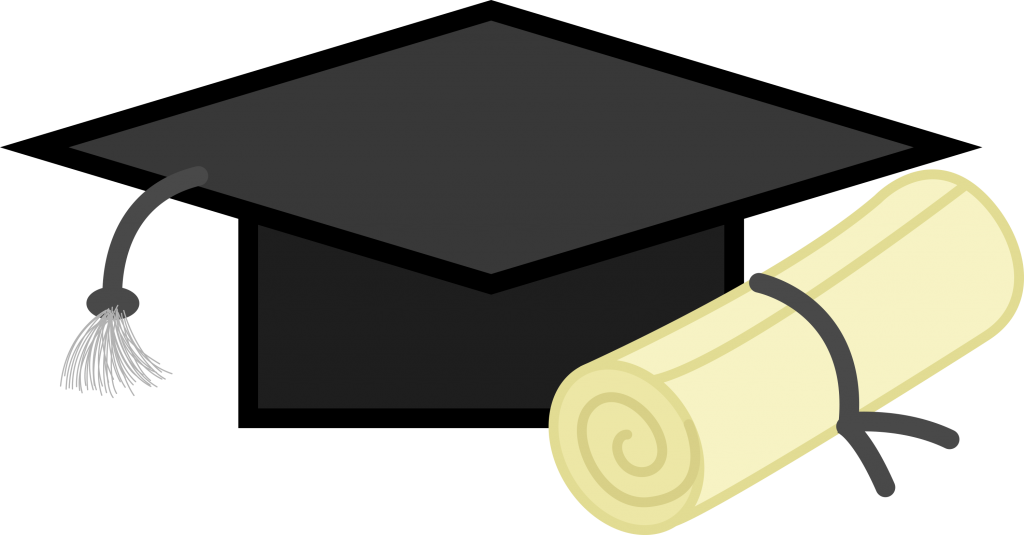The Fulbright Program: A Comprehensive Guide to One of the World’s Most Prestigious Scholarships
The Fulbright Program stands as a pillar of international education, fostering academic exchanges and cultural understanding between nations. Named after U.S. Senator J. William Fulbright, this prestigious scholarship program aims to bridge cultures, promote peace, and enhance mutual understanding worldwide. Open to both U.S. citizens and international students, the Fulbright Program offers funding for graduate study, research projects, and teaching assistantships abroad. Let’s dive into the details, benefits, and steps of applying to the Fulbright Program to see how it can shape your academic and professional future.
What is the Fulbright Program?
The Fulbright Program, established in 1946, is a global scholarship initiative that funds educational exchanges for students, professionals, and artists from over 160 countries. It is one of the world’s most respected international exchange programs, encouraging cross-cultural interaction and understanding. 
Who Can Apply for the Fulbright Program?
The program is primarily geared toward graduate students, young professionals, and artists, but it offers various grant categories catering to different academic and professional stages. While the primary eligibility criteria include a bachelor’s degree, applicants from diverse fields and with a passion for cultural exchange are encouraged to apply.
Benefits of the Fulbright Program
The Fulbright Program offers a comprehensive package of benefits, making it an attractive option for scholars worldwide. Here’s what you can expect:
- Tuition Coverage: The program covers tuition fees, allowing scholars to pursue advanced studies without financial burdens.
- Living Expenses: Monthly stipends are provided to cover housing, food, and personal needs, enabling scholars to focus on their studies or research.
- Travel Costs: The scholarship includes travel allowances for round-trip airfare, easing the financial burden of international travel.
Types of Fulbright Scholarships
1. Fulbright U.S. Student Program
This category supports recent graduates and graduate students in conducting research, studying, or teaching abroad.
2. Fulbright Foreign Student Program
Designed for non-U.S. citizens, this program provides grants for foreign students to pursue graduate studies in the United States.
3. Fulbright Visiting Scholar Program
This grant caters to experienced scholars and professionals, allowing them to lecture or conduct postdoctoral research at U.S. institutions.
4. Fulbright Specialist Program
Short-term grants are offered to U.S. professionals and academics who work on specific projects at host institutions abroad.
5. Fulbright Teacher Exchange Program
Focused on educators, this program enables teachers to exchange teaching positions with a foreign counterpart.
How the Fulbright Program Promotes Cultural Exchange
The Fulbright Program’s impact extends beyond academics, fostering intercultural understanding and diplomacy. Scholars are expected to act as cultural ambassadors, sharing their experiences and traditions with host communities and bringing back global insights to their home countries.
Eligibility Requirements for the Fulbright Program
Academic Qualifications
Applicants generally need a bachelor’s degree or equivalent qualification to apply. Some programs, particularly those for research or teaching, may require relevant work experience.
Language Proficiency
Candidates are often expected to have proficiency in the language of their host country. The required level of fluency varies by program and country.
Personal Attributes
Successful applicants typically demonstrate leadership potential, a commitment to cultural exchange, and a well-thought-out proposal that aligns with Fulbright’s mission.
How to Apply for the Fulbright Program
1. Choose Your Program and Country
Selecting the right program and host country is crucial. Research different Fulbright programs and identify a country that aligns with your academic and professional goals.
2. Prepare Your Application Materials
Fulbright applications require several components:
- Personal Statement: Highlight your motivations and how you align with the program’s values.
- Study/Research Proposal: Outline the goals of your project, explaining its significance and potential impact.
- Letters of Recommendation: Choose recommenders who can speak to your qualifications and commitment to cross-cultural understanding.
- Transcripts: Provide academic records to demonstrate your educational background and achievements.
3. Submit Your Application by the Deadline
Deadlines vary depending on your country of origin and the specific program you’re applying for. Be sure to check with your local Fulbright office for the exact timeline.
Key Application Tips for the Fulbright Program
- Start Early: The application process is rigorous and time-consuming. Begin preparing at least six months before the deadline.
- Be Authentic: Your personal statement should reflect your unique background and genuine passion for the program.
- Show Cultural Awareness: Emphasize your interest in cultural exchange and how you plan to engage with your host community.
- Seek Feedback: Have mentors, peers, or Fulbright alumni review your application for feedback.
Life as a Fulbright Scholar
Living abroad as a Fulbright scholar is a transformative experience. Scholars immerse themselves in their host country’s culture, contributing to local communities while gaining new perspectives. Beyond academics, Fulbrighters often find lifelong friendships and professional networks through their experiences.
How the Fulbright Program Impacts Careers
The Fulbright Program is highly regarded by employers and academic institutions worldwide. Scholars develop critical skills such as cross-cultural communication, adaptability, and problem-solving, all of which are highly valued in today’s globalized workforce. Many alumni go on to influential roles in government, academia, and international organizations.
Challenges Fulbright Scholars May Face
While rewarding, the Fulbright journey is not without its challenges. Scholars may experience:
- Cultural Adjustment: Adapting to a new culture can be challenging, but it’s a valuable part of the experience.
- Language Barriers: Even with proficiency, navigating day-to-day conversations can be difficult at first.
- Academic Expectations: Scholars must balance academic demands with cultural engagement, which can be challenging but ultimately rewarding.
Funding and Financial Support in the Fulbright Program
The Fulbright Program is fully funded, offering financial support that includes:
- Monthly Stipend: To cover daily expenses.
- Health Insurance: Basic health insurance for the duration of the grant.
- Research Allowances: Additional funding may be provided for research-related expenses, depending on the project and country.
The Fulbright Program’s Legacy and Influence
Since its inception, the Fulbright Program has produced thousands of notable alumni, including Nobel laureates, Pulitzer Prize winners, and world leaders. The program’s emphasis on global collaboration and academic excellence has left a lasting legacy in fields ranging from diplomacy to science and the arts.
Steps to Stay Connected After Completing the Fulbright Program
The Fulbright experience does not end after the grant period. Alumni are encouraged to remain active in the Fulbright community by:
- Participating in Fulbright Events: Many countries host alumni events and networking opportunities.
- Joining Professional Organizations: Many Fulbrighters continue their commitment to international collaboration through professional organizations.
- Becoming Mentors: Fulbright alumni often serve as mentors, helping new applicants navigate the application process.
Conclusion
The Fulbright Program represents a transformative opportunity for those eager to contribute to cultural diplomacy and academic excellence. Through immersive international experiences, Fulbright scholars gain skills, connections, and insights that enrich their personal and professional lives. If you’re passionate about bridging cultural divides and making an impact on a global scale, the Fulbright Program could be your gateway to a brighter future.
FAQs
1. What types of projects are funded by the Fulbright Program?
The Fulbright Program funds various projects, including graduate studies, research projects, and teaching assistantships, across a wide range of academic and professional fields.
2. Is it possible to apply to the Fulbright Program more than once?
Yes, applicants can reapply if they are not selected initially, though they should ensure their application is updated and enhanced each time.
3. How competitive is the Fulbright Program?
The Fulbright Program is highly competitive, with applicants worldwide vying for limited spots. Successful candidates typically have strong academic and leadership backgrounds.
4. Are family members allowed to accompany Fulbright scholars?
In some cases, dependents may accompany Fulbright scholars, but this varies by country and program type. Additional support may or may not be provided.
5. What is the duration of the Fulbright Program?
The length of the program varies depending on the grant type, with most programs lasting between six months to a year



